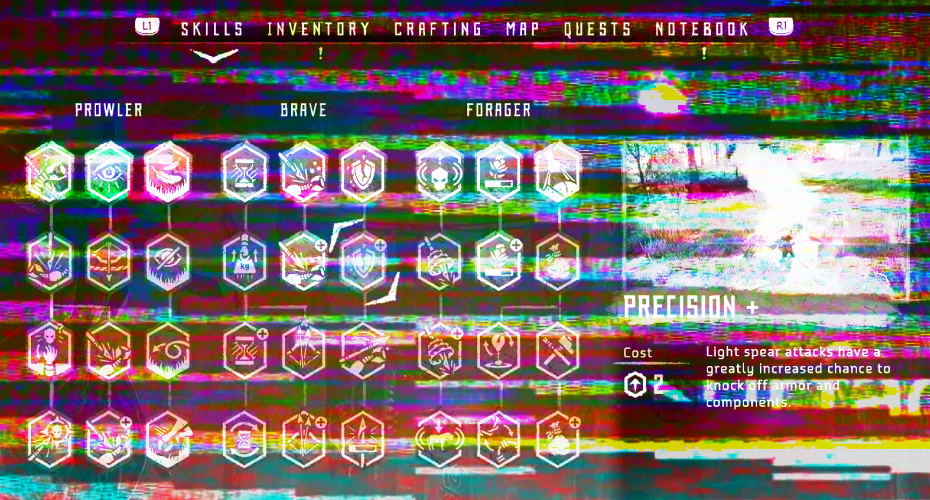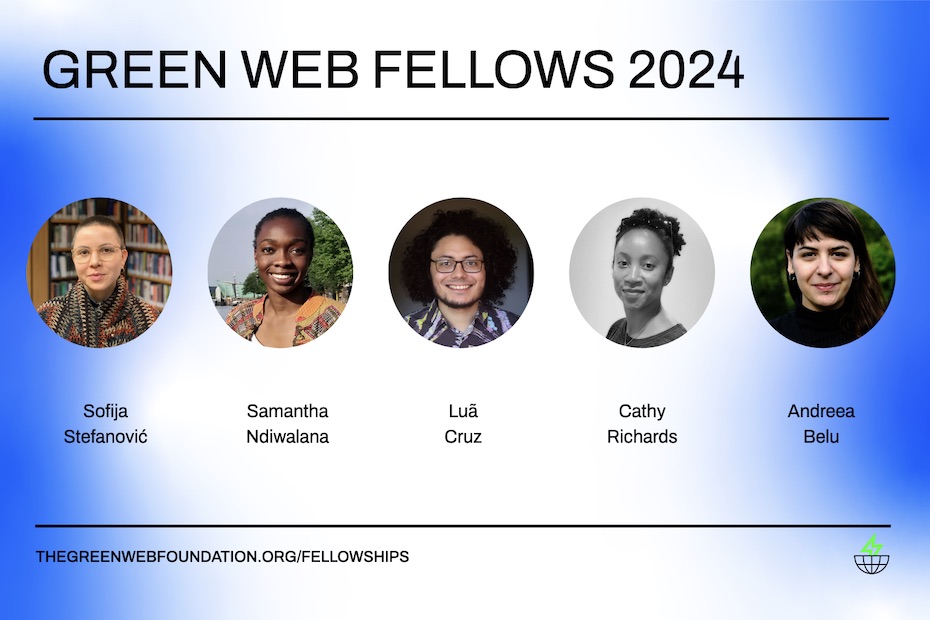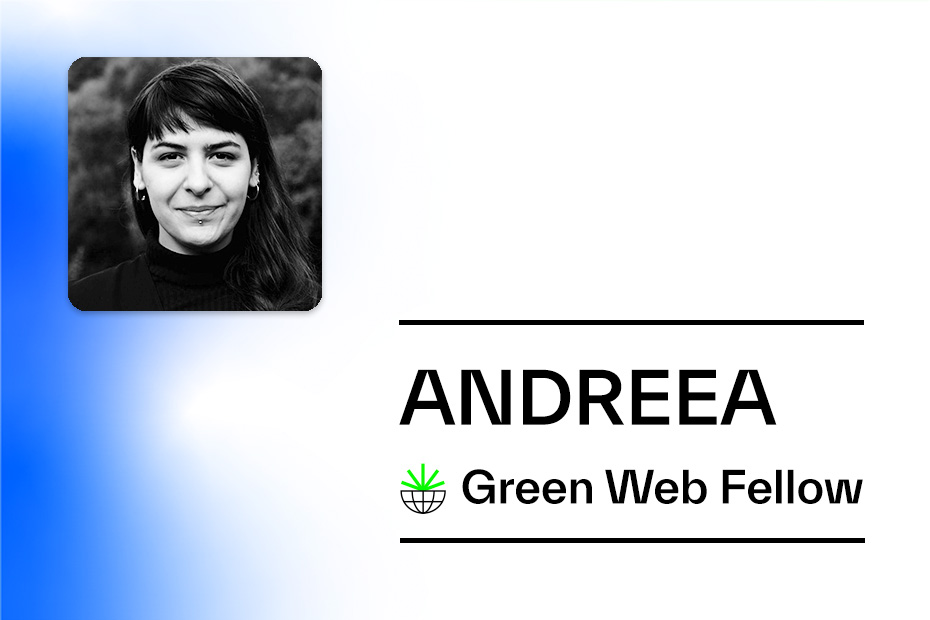I think of most tech folks (myself included) as people who are good at problem-solving, eager to learn, and generally pretty smart. After all, we have to stay on top of new technologies, solve complicated problems, and use 5 different apps just to schedule a meeting. I’m constantly learning new things, and I thought that learning about climate justice would be similar. I would read a lot, try it out, build something and share it with the world! Climate justice badge acquired!
Unfortunately, it turns out that you can’t learn about climate justice through a self-contained, hands-on project like a website or an app. Even worse, I found out that the mental models that helped me progress in my tech career weren’t so helpful when learning about climate justice. In some cases, they actually hindered me.
Below are five ways in which I had to shift my way of thinking and let go of my usual learning tools. The old skills are still good to have; these are just suggestions to consider if you’re feeling lost like I was. Hopefully this post can help you avoid some of the pitfalls & trip-ups.
❌ Old Skill: Trial & error
Trial & error was my favorite tool when I first learned how to to code. It was in elementary school and we made a “turtle” draw different shapes on the screen. If something didn’t work, I could just change it and try again, over and over and over. If it took a dozen tries, that was fine. No one cared! And when it finally did work, it was such a triumphant feeling. I think that rush of “figuring things out” is what sparked our interest in coding.
I thought that climate solutions would work the same way. As a society, we can keep trying different decarbonization methods, and there will be some mistakes, but we’ll eventually figure things out. If we lived in an equitable world, this might be true. But in a world of extreme power imbalances, climate action mistakes can cause harm. Even solar farms can be unjust. Instead of rapid trial and error, we have to consider long-term accountability and how to course-correct.
Skills to develop:
- Learn through historical events and other people’s lived experiences (this is trial-and-error over the span of lifetimes and generations!)
- Thinking ahead and planning out different scenarios with all stakeholders
🔪 Old skill: Splitting problems into simpler parts
Splitting problems into simpler parts is a great trouble-shooting skill. I think it’s a fun process – you’re narrowing down where the problem might be. It’s also useful when building things. You start with the core functionality, then you add extra features, improve performance, clean up the design…. There’s a satisfying sense of progress and control.
If we didn’t have to consider climate justice, we could come up with a climate roadmap like: “First we get to net zero (input/output problem), then we’ll help the small island nations migrate (human aid problem), then we’ll tackle environmental racism (cultural problem), and maybe after that we can see about water rights and reparations to former colonies (resource distribution problem). That should keep us busy through 2050.”
With climate justice, we see that all of these problems are interconnected and that the roadmap doesn’t make sense. Climate justice is a perspective that tries to include and connect everything. It reminds us that when we look at single systems, we miss the effects of their interactions. We also miss other levers for climate action.
Skills to develop:
- Looking for more parts and systems to the problem with others, especially those who are directly affected
- Understanding how power flows and maintains existing systems
📈 Old skill: Metrics for everything
Metrics are satisfying, especially when the line is going in the right direction! Making dashboards is very satisfying. Look at all the personal carbon footprint trackers out there – they’ll take your credit card data, estimate your emissions, and automatically buy offsets for you. And you get to see if your carbon footprint is shrinking. Tech is very good at tracking. (Whether or not tracking changes behaviors or culture or systems is debatable.)
But with respect to climate justice, what universal metrics are there? And how can we measure our impact on moving those numbers? I don’t know.
Personally, I’m starting to think that talking about metrics and impact can be a detour when learning about climate justice. I believe that what we’re really looking for is some sign of concrete progress; a dashboard that will tell us, “Yes it’s bad, but things are getting better. Your efforts are making a difference in the world.” I’m not sure it’s possible to calculate our exact impact. Even if we had a number, I don’t think it would provide the assurance that things are going to be ok.
What I’ve been doing instead is tracking the actions I’ve taken (not their impact), celebrating progress, and paying attention to changes in my beliefs — things that I am certain of, but can’t quantify.
Skills to develop:
- Look for signs of change and growth – qualitative, emotional, cultural data
- Read about social movements, learn how change happens.
🤑 Old skill: Understanding how my work benefits the business
This skill helped me move from a technical production role to a product management role. As a production person, I just wanted to make stuff efficiently and at high quality. I didn’t have any interest in the company’s goals. Eventually, I wanted to have more influence and control over my projects, and started to pay attention to what management was doing. I aligned my work with management’s goals. This alignment also came with a transactional mindset: “If I can help the business more, then they will listen to me and reward me more.”
I didn’t realize that this was an incomplete view of the business. I had left out other business activities that affect social welfare, like lobbying, tax avoidance, real estate, and lawsuits. This narrow view of business gives the appearance that the my work impact is relatively benign & neutral. Understanding how I fit in multiple systems (and letting go of an individualist mindset) helped to make climate justice concepts more concrete.
Skills to develop:
- Understanding how others enable my work (through resources, political power, land use, etc.)
- Understanding how my work impacts others, outside of the company & its customers
🧑🏽💻 Old skill: Bringing others into tech
Ok, this isn’t exactly a skill. It’s more like a vague, unquestioned belief that the tech industry is at the center of things and the path to a better future. After all, we can make a lot of money, we can work from home, and it’s not physically grueling. I’ve helped people get into tech (or at least dip their toes in), and I’ve also participated in diversity and inclusion groups to support pay equality and anti-bias.
But, if I’ve learned anything from climate justice, it’s that upward mobility for the few is not a solution for economic insecurity and injustice. In fact, the promise of upward mobility is used to distract us from the climate crisis and social injustice.
In order for us to be effective in tackling climate justice, we have to consider tech’s role in creating and perpetuating injustices. Our industry is good at promising extra income with a low barrier to entry, whether through a career or a side hustle or a spare bedroom. But our track record is less rosy. We concentrate wealth; we don’t protect our workers or users or customers; we exploit regulation loopholes. We’ve gone from “information wants to be free” to creating scarcity and selling gifs. We could use a little more skepticism, caution and accountability before we evangelize the next big thing.
Skills to develop:
- Become aware of tech’s limitations
- Find alternatives to meritocracy & hustle culture
- Look and learn outside of tech
💚 Moving forward
Although this process has been difficult and I’ve had to unlearn many things, it’s also been deeply meaningful. I still have much to learn, and I’m looking forward to being more engaged in climate justice.
Please question and test and adapt the ideas I’ve shared. Feel free to contact me on Twitter; I would love to know what you think. I could not have gotten this far without sharing and developing these ideas with others. 🕊
Glitchy HZD skilltree collage by Melissa Hsiung (CC BY-NC-SA 4.0). Images used: Horizon Zero Dawn skill tree screenshot by David Yell via StackExchange (CC BY-SA 3.0), Glitch Art by Rosa Menkman via Wikimedia (CC BY 2.0)



